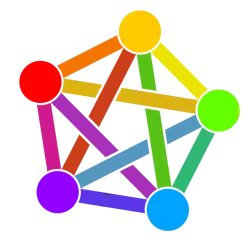

You could lazily ask that question or you can actually read about how anarchist and communist societies are formed and destroyed (hint: often by outside armies when theyve only just begun). Capitalism clearly doesn’t work for anyone but the rich & powerful, so we need to try something different. No one has The One True Answer, we have to build the new world starting from where we are.
I agree that social democracy would be a big improvement over the terribly cruel form of capitalism we have today. I would make further changes than just that, but we can choose not to fight each other at least until we get that far. Organize together instead of infighting.

















Either is fine as a discipline, as long as the program is tailored to kids her age. More important is the environment in the specific gym/dojo she goes to. It should be fun, supportive, and not put too much pressure on the kids.